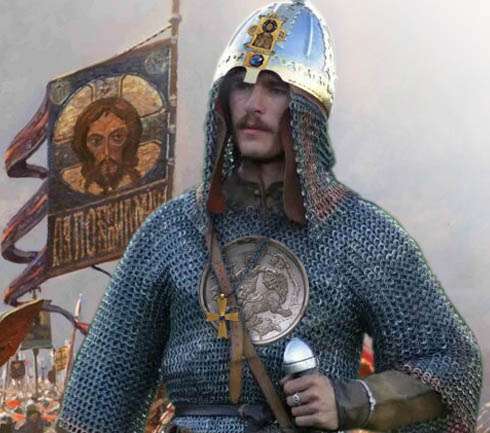It’s Wednesday, March 4, 2026 in Austin, Texas
Why Can't I Find My Irish Ancestors?
People with Irish roots assume they'll never be able to find old Irish records and build their trees back more than one of two generations. Here's how we helped an Irish friend find her long lost ancestors.
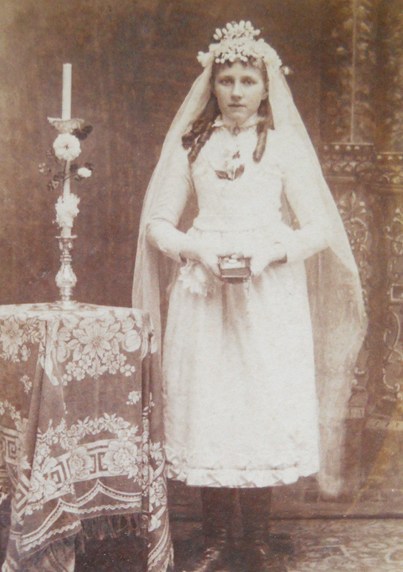 Two months ago an Irish (Cork) friend of mine from my days at Apple came to visit in Austin. We were talking about our Irish roots and I told her I had recently discovered that my Atchison ancestors had emigrated to American in the 1735 from Ireland. They were Presbyterians. The Atchisons were Scots that had come over with the "Plantation" of James I, who wanted to replace rebellious Catholics with loyal Protestant settlers in Ireland. In Ireland the family abandoned the official Protestant church and became Presbyterians - rebels, too, as far as the British throne was concerned. John Atchison married Catherine Calhoun in 1733 in Ireland. They left Ireland and settled in Little Britain, Pennsylvania on land arranged for them by the local Presbyterian church. When I was telling my friend about this recent discovery she expressed despair at never being able to find her ancestors.
Two months ago an Irish (Cork) friend of mine from my days at Apple came to visit in Austin. We were talking about our Irish roots and I told her I had recently discovered that my Atchison ancestors had emigrated to American in the 1735 from Ireland. They were Presbyterians. The Atchisons were Scots that had come over with the "Plantation" of James I, who wanted to replace rebellious Catholics with loyal Protestant settlers in Ireland. In Ireland the family abandoned the official Protestant church and became Presbyterians - rebels, too, as far as the British throne was concerned. John Atchison married Catherine Calhoun in 1733 in Ireland. They left Ireland and settled in Little Britain, Pennsylvania on land arranged for them by the local Presbyterian church. When I was telling my friend about this recent discovery she expressed despair at never being able to find her ancestors.
Many people think it is impossible to find Irish ancestry records, everyone seems to assume they have been lost. I volunteered to help see what we could find while she was here. In a couple of days we came up with the following:
There were two original sides to her family being researched: Speight and Clifford, and it was known they were Catholics from County Cork. Speight was straightforward and easily traced using Ancestry.com, as it turned out that the 2nd generation back was from Yorkshire. The English records are very complete and that branch was quickly traced back to the late 17th, early 18th century.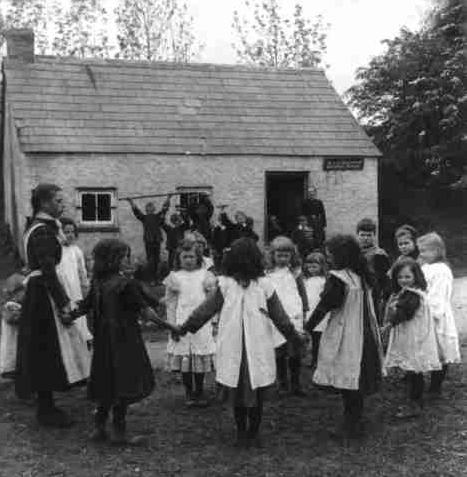 The three remaining Irish roots were more problematic, as Ancestry records only were traced back to the first quarter of the 19th century. The three family names were Donohoe, Clifford, and McMahon. These were further complicated by Donohoe being spelled as: O'Donohoe, Donoghue. Clifford is a very common Irish surname, as is McMahon.
The three remaining Irish roots were more problematic, as Ancestry records only were traced back to the first quarter of the 19th century. The three family names were Donohoe, Clifford, and McMahon. These were further complicated by Donohoe being spelled as: O'Donohoe, Donoghue. Clifford is a very common Irish surname, as is McMahon.
The trails ended pretty much around 1800, using Ancestry records. There are two searchable online sites devoted to Irish genealogy. One is a subscription service, rootsireland.ie; the other is free although has fewer records available, http://www.irishgenealogy.ie/en/. irishgenealogy was used to reduce search costs.
Irishgenealogy.com contains the Catholic Parish records for the largest Irish Catholic counties. The subject family was from Cork, for which the records are all available. Other family members were found to have originated in County Kerry, where there are also available records. A methodology quickly became clear. Birth records are scarce, but Baptism records were meticulously kept. So, first a Baptism record was located, which would give the parent's names. Those names led to locating the Parish marriage records, which indicated the age of the bride and groom and the towns and counties of their residence. That information then led back to another birth record, and so on, until the trail ran cold.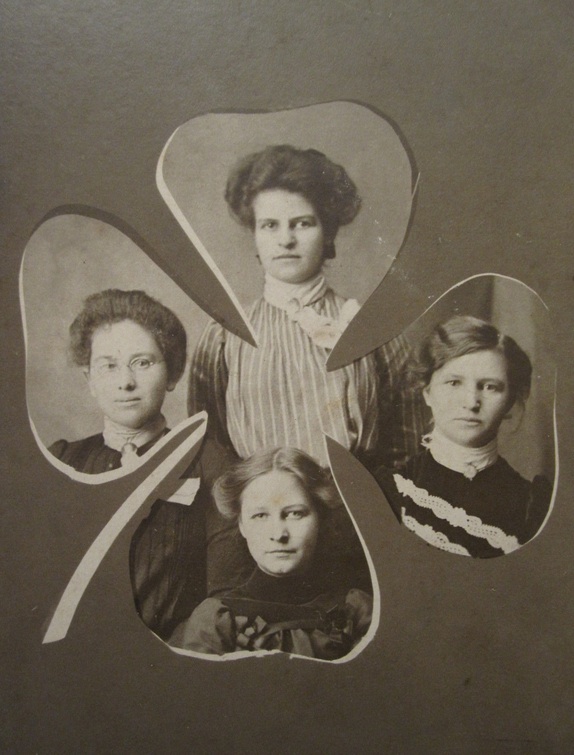
Using this method online, we found a number of early ancestors: Dermot Donoghue born 1740 in Kerry as the farthest relative; Eugene Clifford born 1790 in "Roman Catholic Killarney, County Kerry" (the late 18th century records are very specific as to "Roman Catholic Killarney" or "Roman Catholic Cork"); Humphrey Falvey born 1755 in Dromickbane, Kerry; Dennis Cronin born 1758 in "Roman Catholic Killarney, Kerry".
The McMahon line proved impossible to trace earlier than 1830. due to the sheer number of McMahons sharing the same given names. In this case, "Michael McMahon" born around 1830 in "County Kerry" was impossible to distinguish individually from the numerous results found. There seemed to be at least a dozen "Michael McMahons" born "around 1830" in Kerry.
However, the original Catholic Parish records are available in person in each Parish Church, and at the Irish National Library in Dublin, and a dedicated researcher could rather easily travel to Ireland and trace their genealogy from the original records. Similarly, the Irish National Library will have a searchable online free database to its entire archive of Catholic Church records, expected to be online sometime in Summer 2015.
I hope this success gives hope to those who might be researching Irish roots and the places I visited can be of help.
Bob Atchison

AUSTIN
the most beautiful
My Top Ten Most Beautiful Pictures of Austin
I have spent years looking at pictures of Austin - and these are my favorites - the most outrageous beauties! I have added some comments about colors and life in Austin.

TECH ADVICE
stop them once and for all
How to End Annoying Robocalls - OMG a Solution!
Get rid of Robocalls. There is a free solution that really works - it's called Nomorobo and we love it.

WEB DESIGN
big breakthrough in color research
Want to Use the Viking Color Palette in Your Website?
Scientists have discovered the favorite Viking colors and now you can use them in your website!

WEB DESIGN
be prepared - choose wisely
Checklist for Law Firms Looking for a Web Designer
Here are some helpful hints and direction on the skills and knowledge your web designer should have.

WEB DESIGN
essentials for success
New Home Builder Website Checklist
Here's a list of the essentials you'll need to create your new home builder website. It's a list of all of the building blocks you'll need to make your site a success.

WEB DESIGN
max speed
7 Tips to Speed Up Your Website
Optimizing the speed that your website's content loads - will inevitably increase customer satisfaction, keep them on your website, reducing its bounce rate, and hopefully make them return visitors.
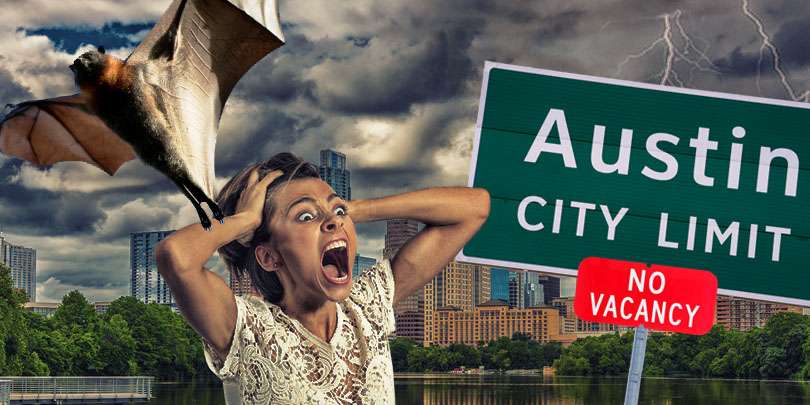
AUSTIN
save as many as you can!
Top 10 Reasons NOT to Move To Austin
With Austin making headlines and ending up on virtually every "Top 10 Best City for..." lists -- we now have about 150 people moving here daily!! We figured we should warn potential new residents of the hidden dangers of moving to Austin.
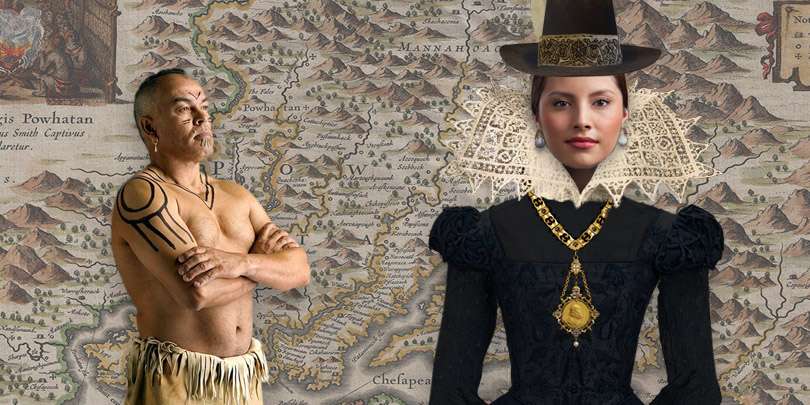
ANCESTRY RESEARCH
Howdy Grandmother!
Pocahontas ancestry and DNA - Sullivan Family Connection
How I discovered my ancestor Pocahontas and her Sullivan family descendants of Northern Virginia using the web - a genealogy posting by Bob Atchison.

Anonymous Love Letters - $500
Did you know that really was a profession? In 1961 you got paid $500 per letter, that would be $4100 today!

SEO Tips for Home Builders
When we build a new website for our home builder clients, we always try to focus on implementing "best practices search engine optimization (SEO)" to maximize their placement in organic search engine results.

GEDmatch Used to Snare Golden Gate Killer - Hackers Get MyHeritage Data
As you have probably read it has been extensively reported that Golden Gate Killer was found using data from GEDmatch. It's an amazing story.

Keller Williams Real Estate Agent Website Created
Pallasart launches new real estate website for Matthew Church, an Austin Keller Williams Associate. The site has many cool features that will help Matthew offer his services and attract new customers.

Hummingbird Farms Upgrades Images on their Website
Hummingbird Farms, the famous maker of body lotions seen on QVC , upgrades website with huge new product images, which increases sales
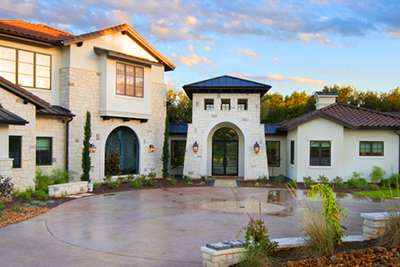
Top Texas Home Builder Redesigns Website
Olson Defendorf, the top award-winning Texas custom home builder, creates a new brand image and redesigns website. Click here to see what they just did in 2018.

The Best Antique Roses for Your Austin Garden
Here's a list of the best antique and old roses for your Austin garden plus a few recommended David Austin Roses
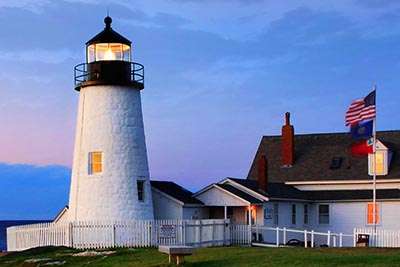
Maine Resort Redesigns Website
The Moorings in New Harbor did a total redesign of its website and added an availability and booking system.

My Favorite Semi-Precious Stones for Hardstone Animals
Here are some images showing my favorite semi-precious stone animals with jeweled eyes from my collection and stories of the stones and where they come from.

Why do my website fonts and photos look blurry in Windows 10?
When users install or upgrade to Windows 10, "display scaling" may be turned on "by default" to either 125% or 150% resulting in blurriness when viewing websites or applications on certain monitors.

5 Common Website Mistakes to Avoid Making
We've been in the web design business since 1996, and have seen many small businesses make these easily avoidable but often costly mistakes with their websites.

Should You Use Live Chat in Your Website?
Here's an informal overview of live chat options, outlining how Olark, one of the leading providers, works and its features. We explain how live chat can increase online sales and generate leads no matter the size of your company.

Where to Find and Buy Old, Antique and David Austin Roses Online
Bob Atchison's guide to find rare, antique and cabbagey roses to order online. Here you'll find the best sources with roses I especially love and recommend for your garden.

How to Add MLS Listings to Your Real Estate Website
If you are a realtor or real estate broker, you need a website to advertise your business and attract new clients. Get clients to stay on your website by providing access to Multiple Listing Service (MLS) real estate listings.

New Real Estate Web-Tools Just Released
Now it's possible to have a website that surpasses the very best in real estate. You can get an incredible design with powerful databases that can do anything and everything you could dream of...

Overcoming Your UNNATURAL FEAR of Cursive Fonts
The unspoken fear all web designers dread - you've been asked to use cursive fonts! There is no escape... yes, it has happened to me, Bob Atchison, many times and I have the battle scars to prove it. Here are some cursive fonts I actually like.

Should You Use WordPress for Your Website?
We get asked this question all the time... Should I use WordPress? Here are some of the top considerations to examine when deciding if WordPress is the right choice for building your website.
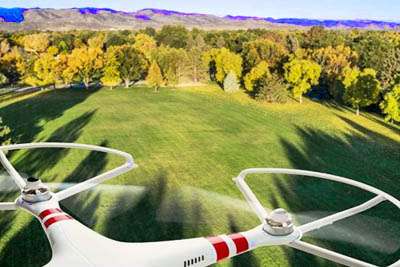
Drone Photography for Home Builder Websites
As homes in Austin, Texas are getting more expensive and selling for well over $1 million, many home builders and real estate agents are turning to aerial drone photography and videos to showcase their listings.
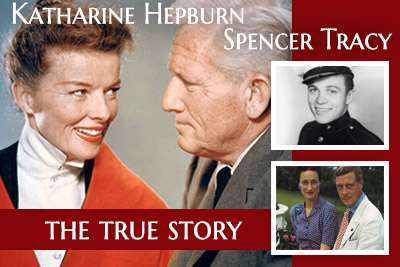
Is Scotty Bowers Telling the Truth About Hepburn and Tracy?
Is Scotty Bowers, the famous Hollywood pimp telling the truth about Spencer Tracy and Katharine Hepburn being gay? Here's a confirming story...
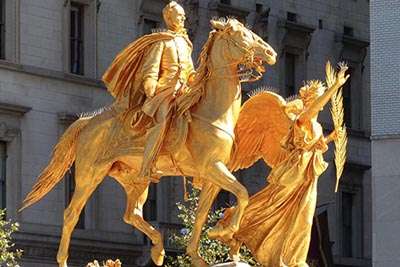

 New Home Builder Website Checklist
New Home Builder Website Checklist 












